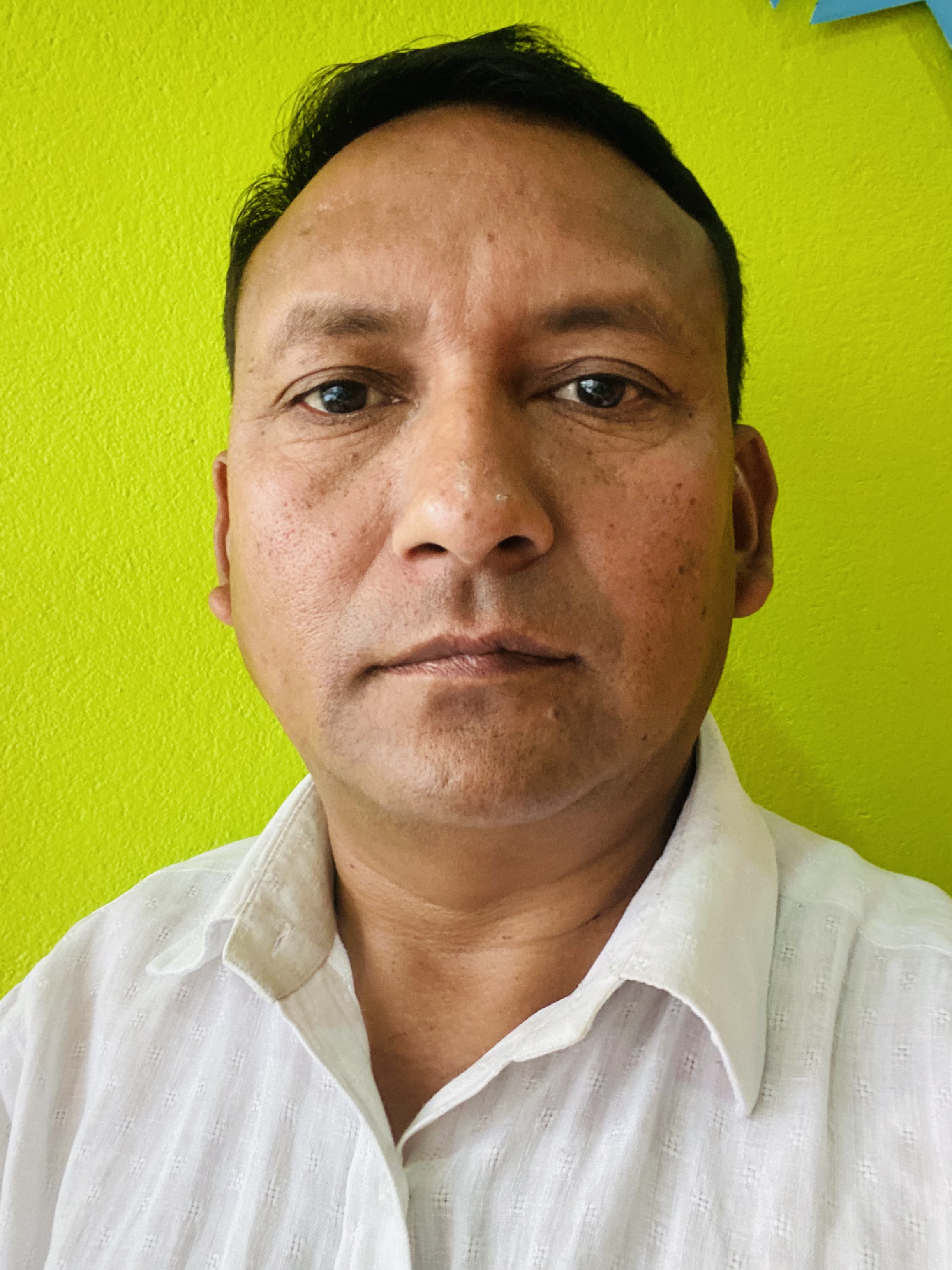Columns
Unconscious bias
Politicians fail to recognise the capabilities of people from traditionally oppressed groups.
Mitra Pariyar
Are you biased towards members of any caste, gender, ethnic, regional, racial or religious group? Ask this simple, yet sometimes uncomfortable, question to anyone, and the most likely answer you will get is in the negative. When I posted the same query on Facebook, X and TikTok, nearly all respondents flatly denied discriminating against anybody. Many may have lied, of course; but many others may not even be aware of their own conduct.
Herein lies the tricky part of the art, if you like, of discrimination. More often than not, discriminatory behaviour and attitude switch to auto pilot. Cognitively, people may not even realise how their words and actions have hurt or humiliated other people. Scholars and practitioners, particularly in the West, have named this hidden mental architecture “unconscious” or “implicit” bias, which has a serious impact on both personal and professional life.
Among the theorists of unconscious bias, the American philosopher Michael Brownstein (from City University of New York) and the British philosopher Jennifer Saul (from Sheffield University, England) are prominent. Their edited two-volume book, Implicit Bias and Philosophy, published by the Oxford University Press in 2016, explores multiple dimensions of the issue, including the deeper aspects of metaphysics and epistemology. This work is important not just for academic researchers, but also for policymakers and practitioners.
As this and many other published works and debates have shown that implicit bias has been a key deterrent to the promotion of diversity and equality in all sectors of life. The Western world is particularly concerned about gender and racial discrimination. In South Asia, however, caste is predominant.
Completely wiping out implicit bias does not seem humanly possible. But we can—and we should—make ourselves conscious of this unconscious part of our beliefs and practices. This is the only way to promote diversity and create a more inclusive and just society. Unfortunately, Nepal has not yet started a serious debate on this crucial subject.
Biased politics
An acute problem of unconscious bias is evident amongst the political class today. Just check the names of people that are elected or nominated to influential positions at virtually all levels of the state mechanism. Almost always they are hill Brahmin men! Ironically, all members of the National Inclusion Commission (which notoriously recommended the end of the quota system last year) are Brahmin men.
Since the start of the republic, even the second-tier Chhetri have been marginalised. Women, ethnic nationalities and Dalits are rarely given an important portfolio, be it in the federal government or the local units.
Major parties should be ashamed of the fact that, in the three and half decades since the collapse of the Panchayat one-party system and the emergence of a multiparty democracy, not a single Dalit has been given an important position in government—Foreign Ministry, Finance Ministry, Defence Ministry and the like. The current coalition government headed by Pushpa Kamal Dahal “Prachanda”, who rose to power through the sweat and blood of Dalits and other marginalised groups, has no Dalit cabinet minister.
The same is true of smaller and regional parties. For instance, almost every political appointment made by the Tarai-based Janata Samajbadi Party is Yadav—usually a male. No wonder, Upendra Yadav is the leader of the party.
How did these politicians—who were once recognised as champions of caste and gender equality and of ethnic diversity—become so casteist and sexist and racist when in power? Why do politicians always prefer their own castes, that is, upper castes? Why don’t they have confidence in capable and dedicated people from the so-called lower strata of society?
Who the leaders appoint to crucial positions is determined by numerous factors. The candidate’s qualification and experience may be important; but what really matters is family or kinship ties, pecuniary benefits and electoral calculations. The question of who can give more funds and who can collect more votes is crucial. For example, it is commonly assumed, perhaps quite rightly, that many Nepali ambassadors to foreign countries purchase their positions.
I suggest that, above all, the decision maker's unconscious bias is critical for any appointment or promotion in any office. No matter what they say or write, politicians unconsciously fail to recognise the abilities and capabilities of people from the traditionally oppressed groups, their skills and talents notwithstanding.
Nepali politicians, therefore, badly need training courses on unconscious bias. And so do people in charge of all state bodies, including the judiciary, legislature, army and police. The military is generally far from public scrutiny; but one hears many anecdotes about a soldier’s recruitment and promotion and other opportunities being significantly affected by his position on the caste scale.
Unconscious bias training is most essential—I suggest—for law enforcement. In almost every case of caste (and gender) violence, including the lynching of Dalits by upper castes, the police officers seem apathetic. First off, they are reluctant to register an FIR. Then they do not conduct a proper investigation. Thus, a Dalit victim’s justice dies with him.
It would be an oxymoron to think that police officers do not understand the law against caste discrimination and violence. They may also be tempted to protect their own lot. But there is yet another hidden factor: The officer’s unconscious bias towards Dalits. Given the highly casteist social structure and religious beliefs and cultural practices, in their heart of hearts, unintentionally, law enforcement people do not consider Dalits equal citizens. Hence, the reluctance to protect Dalit rights.
Diplomatic community
Members of the diplomatic community in Kathmandu too must take the problem of unconscious bias seriously. Having worked for the British Embassy in Kathmandu for several years, I can personally testify to this need. This is important as the bulk of their workforce is local staff.
True, most of the Nepalis working for the United Nations offices, foreign embassies and consulates tend to come from the towns and are generally well educated. They probably better understand the concept of caste and gender equality than perhaps many other Nepalis who have not been that privileged. Still, they are members of the same casteist society, and they are not immune from discrimination.
It is important to recognise this reality and incorporate it into the staff’s professional development programme. This will not only help create a more egalitarian and friendly, and therefore more productive, working environment within the office, but also help make better use of the funds to promote equality and diversity, human rights and social justice in Nepali society. These are, of course, key priorities of the diplomatic community here.




 18.12°C Kathmandu
18.12°C Kathmandu















